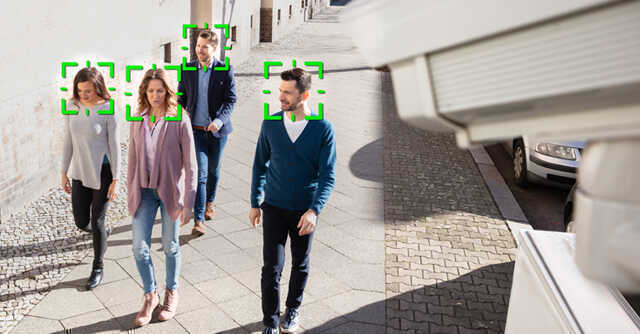
Facebook to almost fully shut down use of facial recognition tech


Facebook, today, said that the company is going to almost fully shut down its facial recognition (FR) system and delete facial recognition templates for “over a billion people”. “People who’ve opted in will no longer be automatically recognized in photos and videos and we will delete more than a billion people’s individual facial recognition templates,” Jerome Presenti, vice president of Artificial Intelligence (AI) at Facebook, said, in a blog post.
The company also claimed that over a third of its daily active users have opted in to the company’s FR. It added that removing the FR data and shutting down the system will also impact the Automatic Alt Text (AAT) feature, which creates image descriptions for visually impaired and blind users. After this change, AAT descriptions will no longer include the names of people recognized in photos but will function normally otherwise,” the post said.
Presenti’s post also said that FR is used to notify people when they appear in photos, and to suggest who to tag in a photo. This feature will stop as well, as will recognition in Memories, photos and videos.

Further, the company said that even though it is shutting down the FR systems, it still sees use for the technology for things like identity verification, and preventing fraud and impersonation. “We believe facial recognition can help for products like these with privacy, transparency and control in place, so you decide if and how your face is used. We will continue working on these technologies and engaging outside experts,” the post added.
Interestingly, while Facebook said it would delete FR data for users, the company still seems to have ways to use this technology. The post said that FR will be used in a “narrow set of use cases”, including allowing people to gain access to a locked account, verifying their identity in financial products or unlocking a personal device.
“These are places where facial recognition is both broadly valuable to people and socially acceptable, when deployed with care. While we will continue working on use cases like these, we will ensure people have transparency and control over whether they are automatically recognized,” Presenti added.

The post adds that the company will continue researching FR technology, particularly ways to use on-device AI, which doesn’t store any data on the cloud, to run facial recognition scans. This is similar to the FaceID unlocking mechanism used by Apple on its iPhones and iPads, or by Microsoft on the Windows Hello feature.
The social network, which is one of the largest users of facial recognition, isn’t the first to take such a decision against the technology. Amazon had announced a year-long moratorium on the use of its Rekognition platform by police forces in June last year, which was extended indefinitely in May 2021. IBM also took the same stance during the same time last year.
Facial recognition systems, like the ones used by Facebook, Amazon, IBM and many more companies, have been proven to have racial bias. Most notably, a 2019 study by the National Institute of Standards and Technology (NIST) found that some algorithms were up to a 100 times better at identifying white faces over coloured ones.

